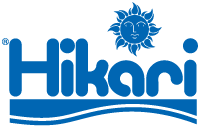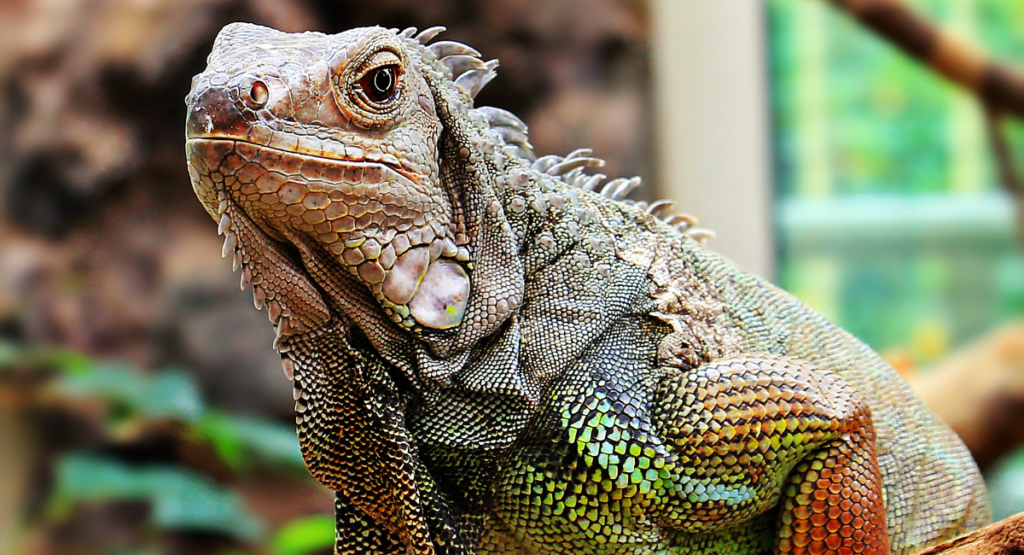Feeding reptiles can be a complex task, as many species have differing dietary requirements. Novice and experienced owners alike should be aware of common feeding mistakes to make sure their individual species’ unique needs are met. At Hikari®, we have decades of experience providing hobbyists with expertly designed and scientifically backed dietary options for their reptiles and aquatic animals. Read on for some common feeding mistakes to ensure the health and wellbeing of your reptiles.
Overfeeding
Overfeeding reptiles can be one of the easiest mistakes new owners make, leading to obesity and other health issues like fatty liver disease. While many owners may worry their reptile is not eating enough, especially if they are a picky eater, malnutrition due to underfeeding is much less common than overfeeding leading to obesity. Each reptile species will have its own requirements for amount and frequency of feeding, and it is important for owners to be cognizant of their reptile’s dietary needs, and more importantly, their metabolism. The size, age, and type of food or prey your reptile consumes are all important factors to consider when establishing an feeding schedule.
Food Selection
Selecting the food and dietary options that can best support your reptile’s health is an important consideration and can make a difference in their longevity and quality of life. While many types of lizards are carnivores, some are herbivores, and too much protein can negatively affect their health. Iguanas and tortoises are two common herbivores that owners mistakenly feed protein-based diets. Selecting a diet that is specifically tailored to a reptile’s unique requirements should provide all the vitamins and minerals your pet needs. Food options like our Mulberific Delite™ , LeopaGel™ , and our soon to be introduced LeopaDelite™, provide a low-maintenance, all-in-one way to ensure a balanced diet.
Improper Supplementation
Regardless of the diet or type of prey your reptile consumes, improper nutrient balance and supplement ratios can prevent them from optimum health due to a lack of assimilation. Insufficient calcium and vitamin D3 levels are common nutritional deficiencies in reptiles, affecting their metabolism and over time can impact bone health and even cause metabolic bone disease. For lizards, our Dragon Delite™ is a scientifically formulated pellet food packed with essential nutrients your pet needs for optimum health, and even includes our proprietary probiotic “Hikari-Germ” that can help ensure your lizard’s immune system strength. This dietary option includes vitamin C, vitamin E, vitamin D3 and many other nutrients essential to further bolster your reptile’s ability to ward off health issues. Care should be taken, however, when adding supplementation to your reptile’s diet, as excessive supplementation can be just as dangerous as insufficient supplementation. This can disrupt the balance of the diet and thereby the utilization of the included nutrition.
We’re happy to help with any questions you may have! Email us at fish@hikariusa.com and one of our expert team members can assist in meeting your needs.

